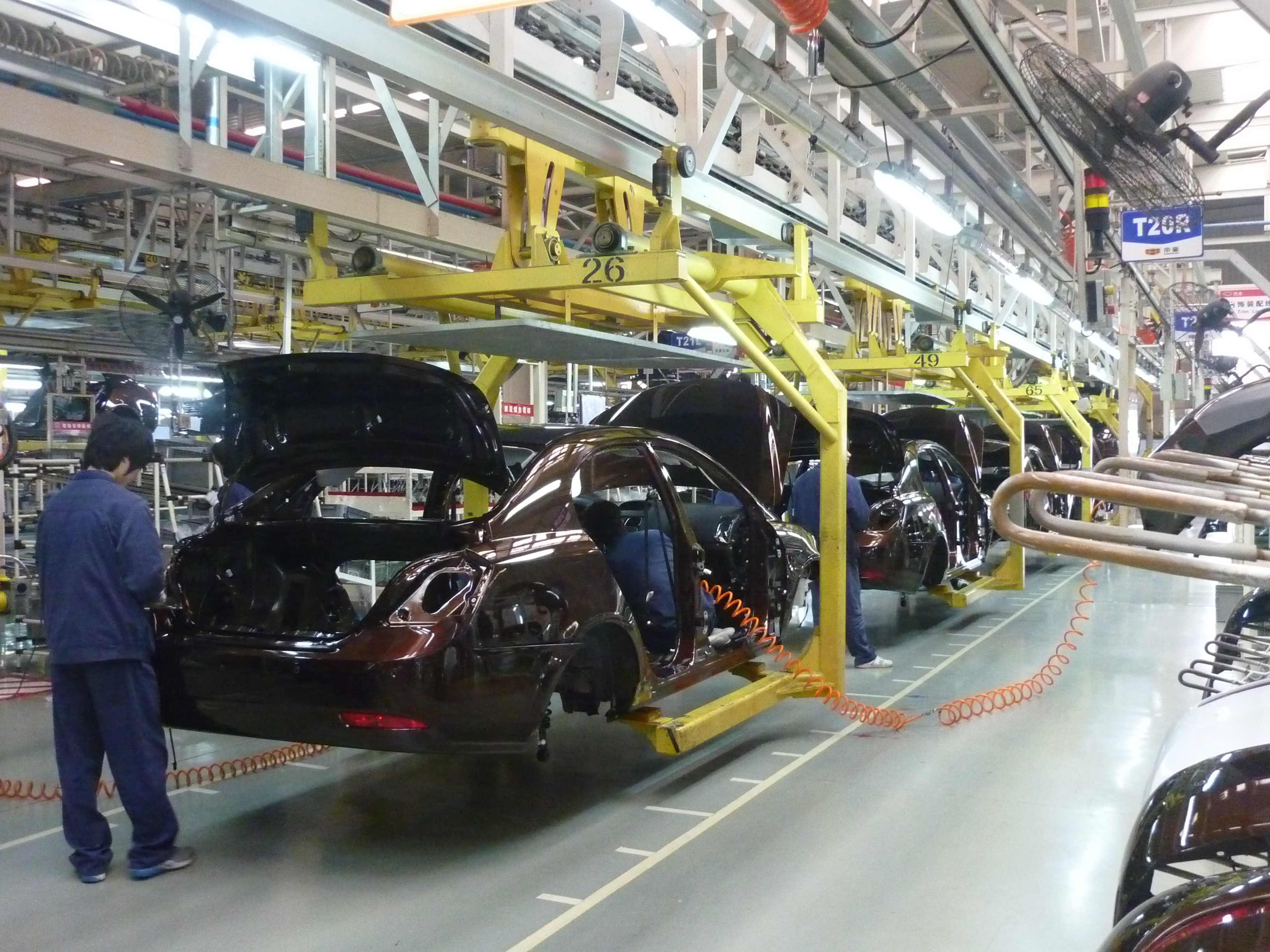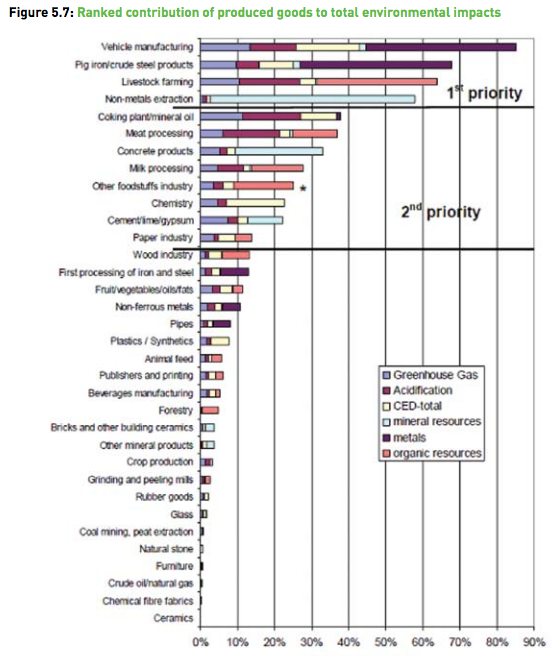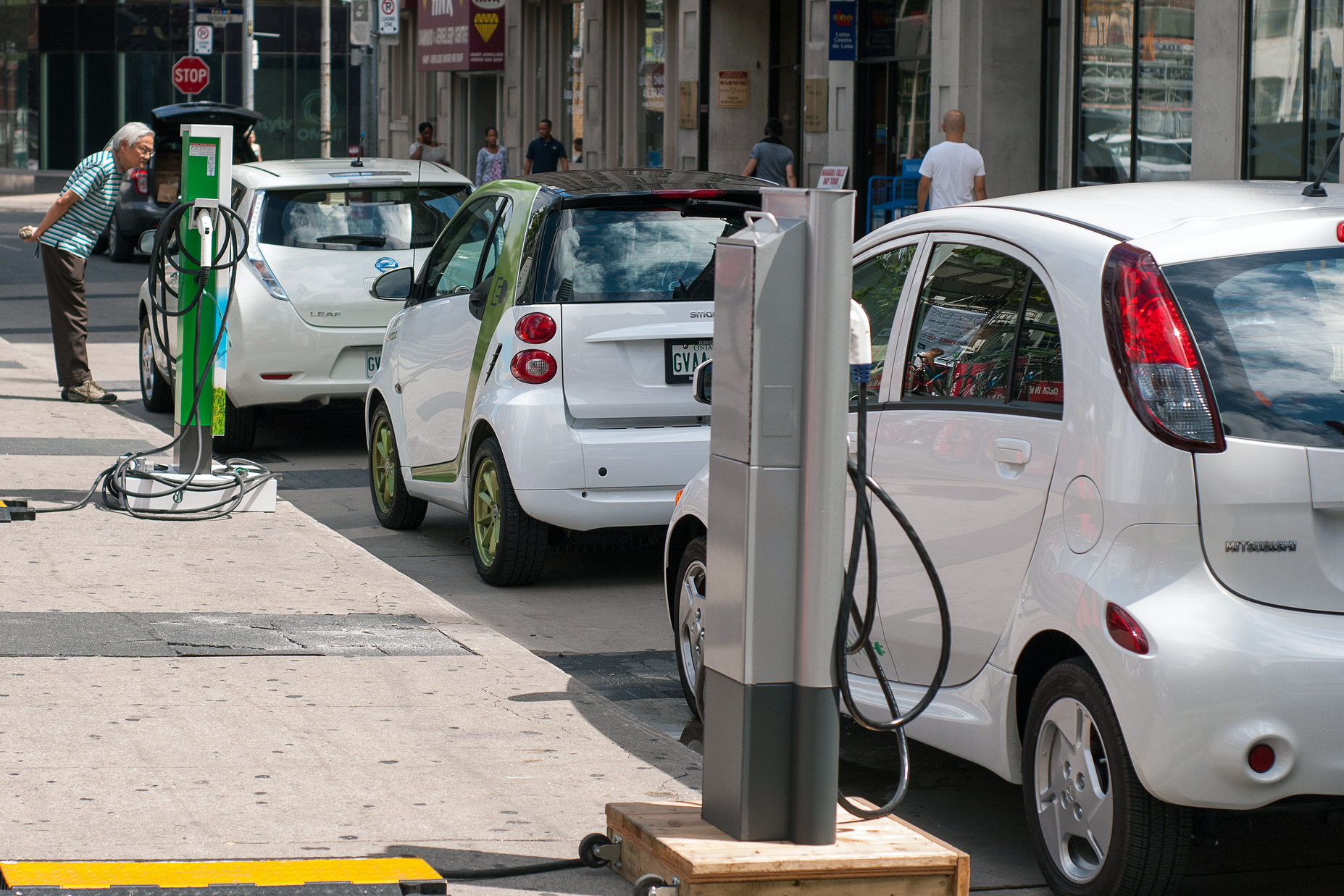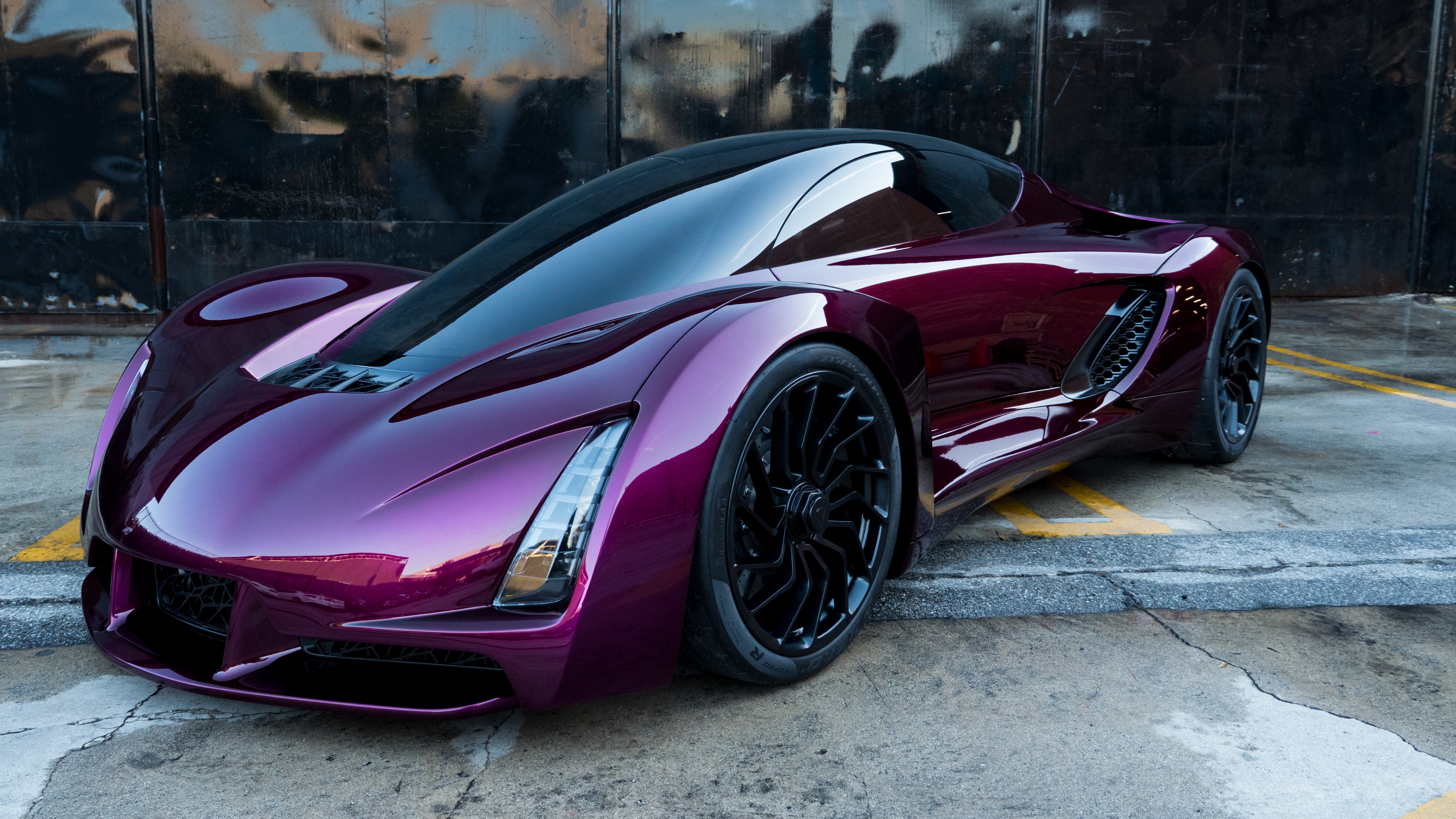The Hidden Environmental Cost of Electric Vehicles

By:
Your car seriously affects the environment, and the impact starts way before fumes begin spewing out of the exhaust pipe, with some research suggesting electric cars are no better — and maybe even worse.
 Pixabay - pixabay.com
Pixabay - pixabay.com
The car manufacturing process is seriously energy intensive.
Before the wheels even hit the road, a car affects the environment, with energy burned extracting raw materials from the earth, refining them, and then assembling it all into an automobile..
"The impact of the manufacturing — if you look at it from an environmental damages perspective — almost half of the damages can often come from the manufacturing of the car itself," Alex Teng, an environmental scientist at the automotive 3D printing company Divergent, told ATTN:.

Vehicle manufacturing is more damaging to the environment than the production of any other good, including livestock farming and steel making.
That's the conclusion of a 2010 report by the United Nations Environment Programme.
Automaking requires metal extraction processes that produce a substantial amount of greenhouse gases, meaning even a "green" hybrid or electric car contributes to climate change.
 UNEP - unep.org
UNEP - unep.org
Electric vehicles might not produce harmful carbon emissions, but the environmental cost of manufacturing them is steep nonetheless.
A 2012 study published in the Journal of Industrial Ecology found that the "production impacts are more significant for [electric vehicles] than conventional vehicles." But researchers also noted the "global warming potential" of electric vehicles compared to gas-powered cars depends on their lifespan, meaning the long they are on the road the greater the chance environmental benefits will outweigh those manufacturing costs.
If your electric vehicle lasts 124,000 miles, its overall impact on the environment is only about 2 percent more severe than gas-powered vehicles; but if you drive an electric car for just 62,000 miles, that "decreases the benefit of [electric vehicles] to 9 percent to 14 percent with respect to gasoline vehicles and results in impacts indistinguishable from those of a diesel vehicle," the researchers concluded.
_0.jpg?auto=format&crop=faces&fit=crop&q=60&w=736&ixlib=js-1.1.0) Wikimedia - wikimedia.org
Wikimedia - wikimedia.org
Forbes' James Conca explained how the energy source that fuels electric vehicles determines how much carbon dioxide they emit:
"A gallon of gasoline produces 8,887 grams of CO2 when burned in a vehicle. Producing the equivalent of 10 [kilowatt hours] of electricity, including the total life-cycle from mining, construction, transport, and burning, emits about 9,750 grams of CO2 when generated in a coal-fired power plant, 6,000 grams when generated in a natural gas plant, 900 grams from a hydroelectric plant, 550 grams from solar, but only 150 grams each from wind and nuclear."
In other words, estimates about the lifetime environmental impact of electric vehicles compared to gas-powered cars depend on the energy source.
 Wikimedia - wikimedia.org
Wikimedia - wikimedia.org
"The idea that any car, as long as it's all electric, is better for the environment is wrong," Divergent 3D CEO Kevin Czinger told ATTN:.
"Not all electric cars are going to be good for the environment," said Czinger, which builds cars with 3D printers. "It depends on their material and energy intensity, the manufacturing, the weight of the vehicle, the efficiency of the vehicle, and where the vehicle is going to be operated during its lifetime."
Divergent caught the attention of automakers after it unveiled its own car manufacturing process, which uses customizable 3D printing technology to produce lighter and more energy-efficient materials.
 Divergent 3D - divergent3d.com
Divergent 3D - divergent3d.com
The company's team of environmental scientists found that replacing metal materials with 3D printing material cut down on weight by about 50 percent and reduced the number of parts used to produce vehicles by about 75 percent, dramatically reducing the overall life-cycle environmental impact of vehicles, according to an internal analysis shared with ATTN:. The claims have not been independently verified.
If the next generation of hybrid and electric vehicles can cut down on their environmental impact at the point of manufacture, that and an increased reliance on cleaner sources of energy will give them a decided edge over cars today that are dependent on burning fossil fuels.
